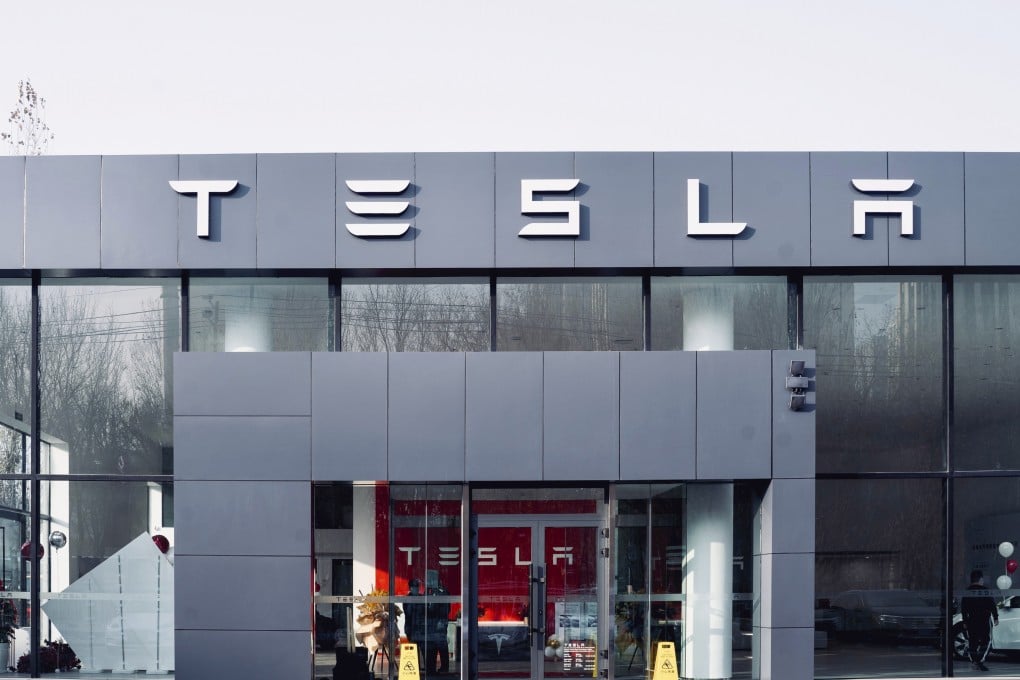Advertisement
China Briefing | The days of US multinationals in China ‘keeping quiet while making a fortune’ are numbered – just ask Tesla or Walmart
- The guiding philosophies of Jiang Zemin and Deng Xiaoping have been turned on their head. Nowadays firms must keep quiet and struggle to make money
- As Beijing gives up on keeping a low profile to take on the US, and the West weaponises human rights, businesses are caught in the nationalistic crossfire
Reading Time:4 minutes
Why you can trust SCMP
20

“Keeping quiet while making a fortune”. This Chinese proverb was made popular by Jiang Zemin, China’s top leader from 1989 to 2002. Jiang relished citing the catchphrase to illustrate his governing philosophy, a folksy variation of Deng Xiaoping’s doctrine of “hiding one’s strength and biding one’s time”, which had successfully guided China’s foreign policy over the previous decades. The logic also appealed to multinationals as they tapped China’s huge market and turned handsome profits.
These days, however, they often find themselves in a pickle, having to keep quiet for the wrong reasons while making money becomes increasingly difficult. This is not only because of a changing business climate in which they face more home-grown competitors but more importantly because they are caught in the open confrontation between China and the West over ideology and values. Beijing has given up Deng’s policy of keeping a low profile and is ready to go mano a mano with the United States and its Western allies which increasingly use human rights as a weapon to target China’s industries and companies.
As businesses around the world are forced to rethink their role in politics and human rights issues amid rising nationalism, multinationals in China are facing a particularly tough time.
Advertisement
Two recent examples provide a vivid illustration of their predicament in navigating the political minefield.
Last month, Chinese media accused the Sam’s Club chain, part of the US retail giant Walmart, of “stupidity and short-sightedness” for its decision to remove all Xinjiang-sourced goods from its stores.

Advertisement
Select Voice
Select Speed
1.00x
